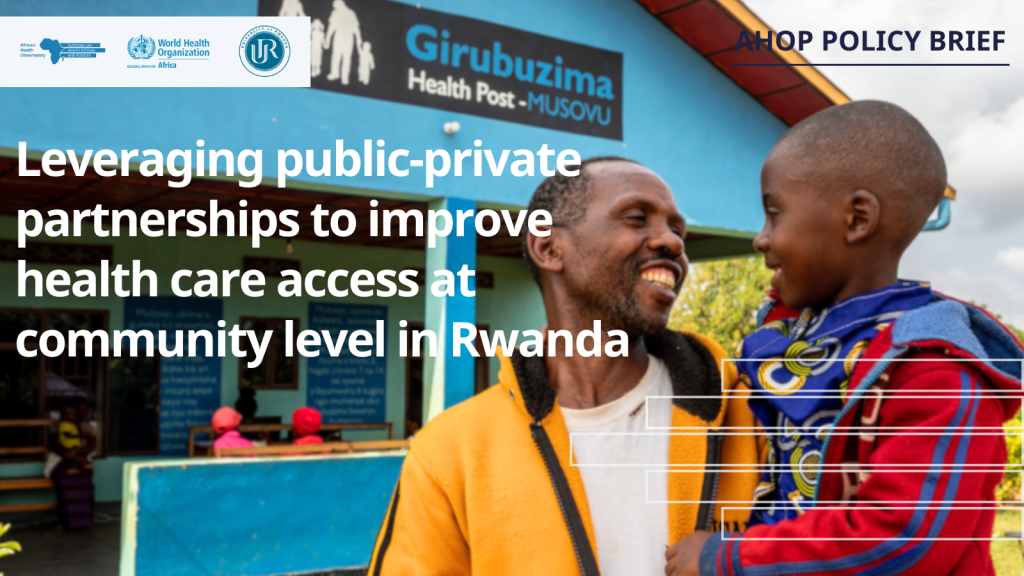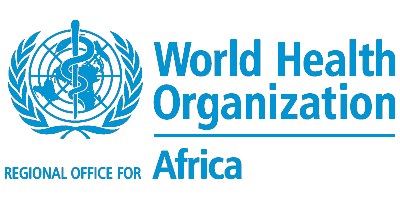Public-private partnerships (PPPs) are a vital mechanism for expanding primary health care access at community level in Rwanda, new policy brief reports
Communities in Rwanda, particularly in rural and remote areas, face barriers in accessing health care services, which negatively impacts health outcomes and overall national development. This policy brief summary from our partners at the Rwanda National Centre – School of Public Health at the University of Rwanda – focuses on how the private sector can be leveraged through PPPs to improve access to health care services, including the achievements and progress of PPPs thus far, and remaining challenges that must be addressed to further strengthen the model.
Currently:
- Despite Rwanda’s recent health gains – life expectancy rose from 47.5 years in 2000 to 69.6 years in 2022, and 97.3% of the population is now insured – rural communities remain underserved.
- Rwanda, a landlocked country with 13.8 million people (82% rural), faces persistent health care access challenges. About 23% of the rural population still live more than five km from a health facility, thereby creating significant access barriers.
- Health-worker density remains at 1.1 per 1000 people, far below the WHO benchmark of 4.45 necessary for UHC.
- Out-of-pocket health care spending (OOPS) dropped from 28% in 2010 to 11.6% in 2020, falling by an average 1.6% per year over the period, while rural households are still facing proportionally higher financial burdens.
Closing these last-mile gaps is critical for achieving UHC.
In Rwanda, significant progress has been achieved through PPPs. PPPs have strengthened community-level workforces and service quality; expanded infrastructure; enhanced digital innovation; and built local maintenance capacity. Despite significant progress, there are still challenges: there is a need for robust regulatory frameworks, sustainable financing models, and safeguards against the emergence of a two-tier health system that could disadvantage vulnerable populations. Targeted efforts are needed to ensure that PPPs continue to prioritize equity and inclusivity, particularly for marginalized groups.
AHOP is a regional partnership that promotes evidence-informed policy-making. It is hosted by the WHO Regional Office for Africa (WHO AFRO) and is a network of centres of excellence from across the region, leveraging existing national and regional collaborations.
The extended summary is now available for download in English and French. The entire policy brief will be published online soon.









